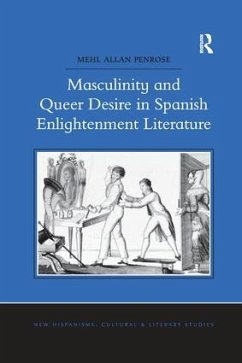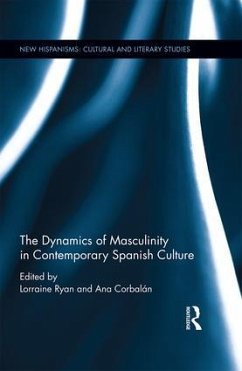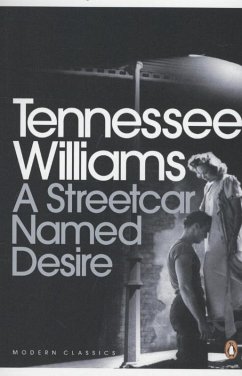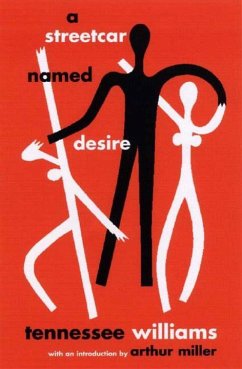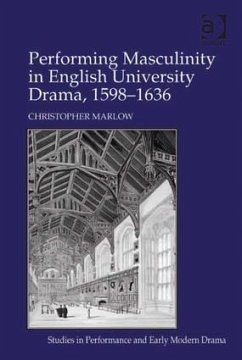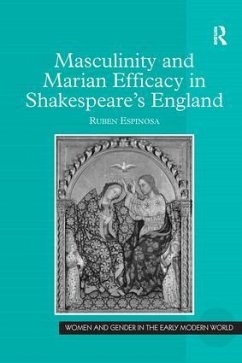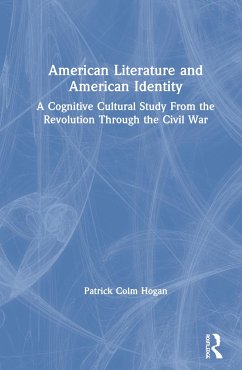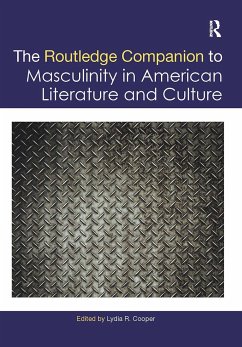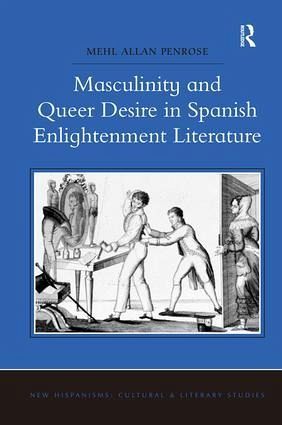
Masculinity and Queer Desire in Spanish Enlightenment Literature
Versandkostenfrei!
Versandfertig in 1-2 Wochen
188,99 €
inkl. MwSt.
Weitere Ausgaben:

PAYBACK Punkte
94 °P sammeln!
In his study of Spanish Enlightenment writings, Mehl Allan Penrose examines three male tropes: the effeminate and Francophile petimetre; the bujarron, who engaged in sexual relations with other men; and the Arcadian shepherd, who expressed his desire for other males.
In Masculinity and Queer Desire in Spanish Enlightenment Literature, Mehl Allan Penrose examines three distinct male figures, each of which was represented as the Other in eighteenth- and early nineteenth-century Spanish literature. The most common configuration of non-normative men was the petimetre, an effeminate, Francophile male who figured a failed masculinity, a dubious sexuality, and an invasive French cultural presence. Also inscribed within cultural discourse were the bujarrón or 'sodomite,' who participates in sexual relations with men, and the Arcadian shepherd, who expresses his desire for other males and who takes on agency as the voice of homoerotica. Analyzing journalistic essays, poetry, and drama, Penrose shows that Spanish authors employed queer images of men to engage debates about how males should appear, speak, and behave and whom they should love in order to be considered 'real' Spaniards. Penrose interrogates works by a wide range of writers, including Luis Cañuelo, Ramón de la Cruz, and Félix MarÃa de Samaniego, arguing that the tropes created by these authors solidified the gender and sexual binary and defined and described what a 'queer' man was in the Spanish collective imaginary. Masculinity and Queer Desire engages with current cultural, historical, and theoretical scholarship to propose the notion that the idea of queerness in gender and sexuality based on identifiable criteria started in Spain long before the medical concept of the 'homosexual' was created around 1870.




